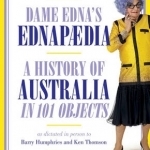
Ednapedia: A History of Australia in a Hundred Objects
Book
It's very rare that we see the emergence of a completely original idea in the world of books. Dame...
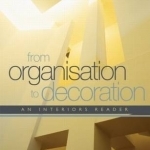
From Organisation to Decoration: An Interiors Reader
Graeme Brooker and Sally Stone
Book
From Organisation to Decoration: An Interiors Reader is a reader for students, scholars and...

History of Furniture: A Global View
Book
This comprehensive book provides a global perspective on the properties and powers of furniture....
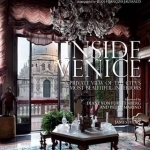
Inside Venice: A Private View of the City's Most Beautiful Interiors
Toto Bergamo Rossi and Jean-Francois Jaussaud
Book
This gorgeously photographed journey through entrancingly beautiful Venetian interiors is sure to...
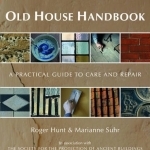
Old House Handbook: A Practical Guide to Care and Repair
Book
Here, for the first time, is a completely authoritative guide on how to look after your old house -...
Specifying Ambient Worlds: Architecture, Music and Minimalism
Book
Specifying Ambient Worlds is structured around convergences and resonances between architecture and...
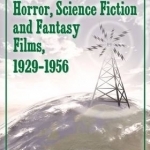
RKO Radio Pictures Horror, Science Fiction and Fantasy Films, 1930-1956
Book
King Kong and The Thing from Another World are among the most popular horror and science fiction...
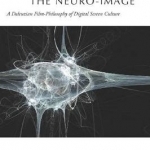
The Neuro-Image: A Deleuzian Film-Philosophy of Digital Screen Culture
Book
Arguing that today's viewers move through a character's brain instead of looking through his or her...
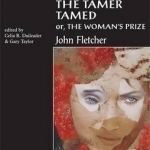
The Tamer Tamed: Or, The Woman's Prize
David Bevington, John Fletcher, Gary Taylor and Celia R. Daileader
Book
This is the first edition for students and general readers of this pro-woman reply to Shakespeare's...
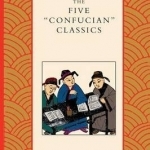
The Five Confucian Classics
Book
The Five Classics associated with Confucius formed the core curriculum in the education of Chinese...
